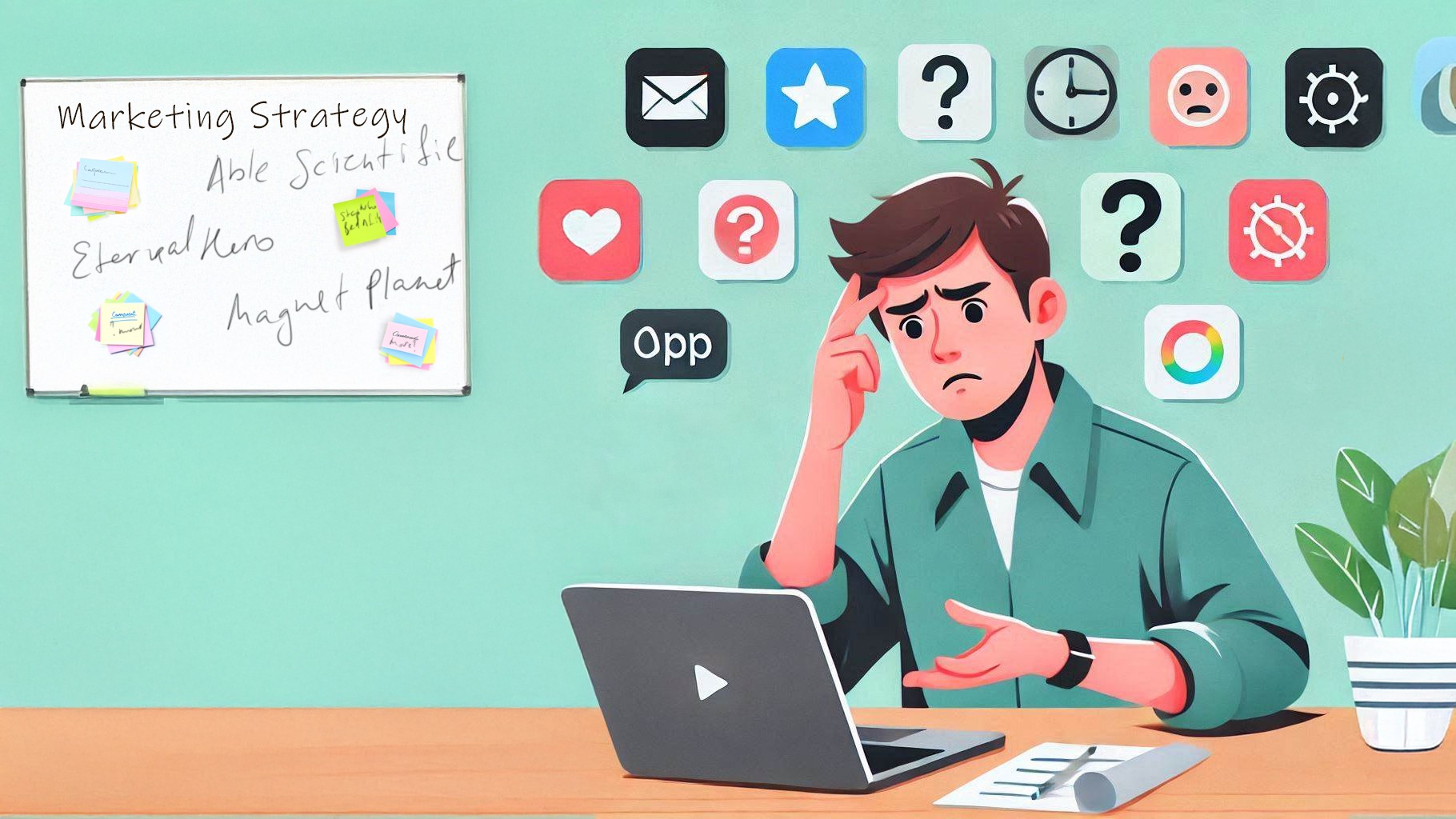
Ever walked into a room and completely blanked on why you went there? Maybe you marched into the kitchen with a plan, only to find yourself staring at the fridge, clueless. This super common and slightly annoying experience is called the doorway effect, and it’s all about how our brains handle memories.
The doorway effect happens because crossing a doorway creates a mental “event boundary.” Your brain treats walking into a new room as a signal to switch focus, often sidelining whatever you were just thinking about. This is totally normal and even useful for adapting to new situations—but it can also leave you standing there, scratching your head.
The Digital Version: Digital Context Switching
A similar thing happens when you’re online. Ever opened a new tab, app, or window and then immediately forgotten why? That’s digital context switching.
Just like walking through a doorway, jumping between digital spaces creates a mental reset. Your brain shifts gears, which can push your last thought to the back burner. And with digital tools constantly vying for your attention—thanks to notifications, pop-ups, and ads—it’s easy to lose track of what you were doing.
Why Does This Happen?
Both the doorway effect and digital context switching come down to how our brains organize and prioritize information. Entering a new physical or digital space shifts your focus to what’s in front of you. This ability to adapt is great for survival, but it’s not so great when you’re trying to remember why you opened a new tab.
Studies, like one by Radvansky et al. (2011), have shown how doorways impact memory. In their experiments, people were more likely to forget things after walking through a doorway than when staying in the same room. While there’s less research on digital context switching, it’s likely influenced by similar principles of cognitive load and attention.
How to Stay Focused
While you can’t completely avoid these effects, you can take steps to manage them. Here are four of my simple strategies, that I use everyday:
1. Write It Down
Before you open a new tab or app, jot down what you’re doing. A quick note can keep you anchored.
2. Limit Distractions
Use tools like browser extensions to block distracting sites and notifications. A clean digital workspace helps you stay on track.
3. Batch Your Tasks
Group similar activities together. For example, check all your emails at once instead of hopping between emails and other tasks.
4. Pause and Think
Take a second before switching to a new tab or app. Reinforcing your purpose mentally can make it stick better.
Embrace the Quirk
The doorway effect and digital context switching are just part of how our brains work. They’re completely normal and show how our minds prioritize new information. By understanding these quirks and using a few simple strategies, you can stay focused and navigate your day with fewer mental hiccups.

